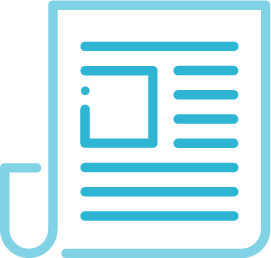Posted by Zosi Team
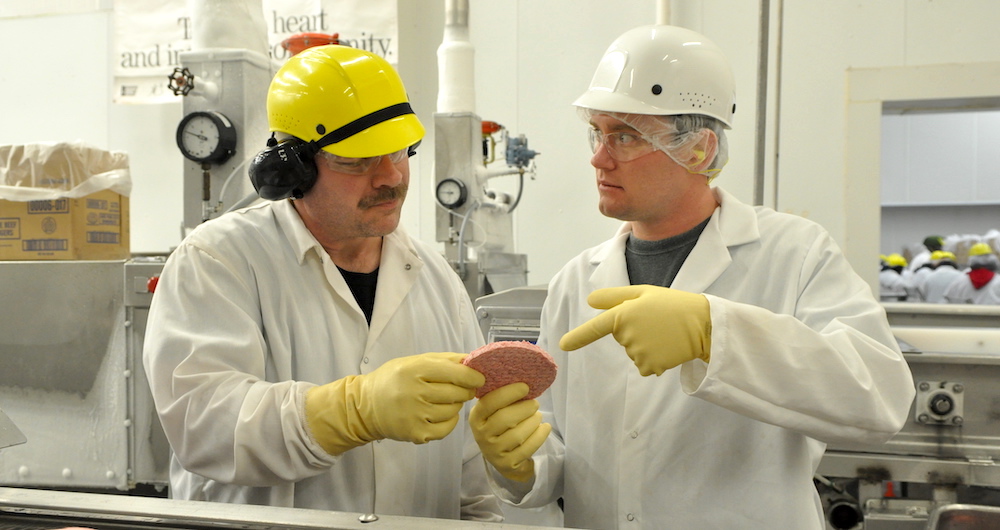
The Food Safety Modernization Act’s (FSMA) Preventive Controls for Human Food Rule ensures safe manufacturing, processing, packing, and holding of foods meant for human consumption in the US.
Under this regulation, FSMA requires that a Preventive Controls Qualified Individual, or PCQI, develop and implement a site’s food safety plan. But what exactly is a PCQI, and what are their responsibilities?
What is a PCQI?
A PCQI is an individual who, according to FSMA, “successfully completed training in the development and application of risk-based preventive controls at least equivalent to that received under a standardized curriculum recognized by the FDA or otherwise qualified through job experience to develop and apply a food safety system.” PCQIs are often employees but can be pulled in from outside of your facility.
Your operation may need to utilize more than one PCQI, and that’s perfectly alright! It’s always recommended to have at least a primary and back up PCQI designated at each site. It’s also wise to train Food Safety Team Members as PCQI’s so they can make the best contribution possible to the Food Safety Plan.
What are the Responsibilities of a PCQI?
A PCQI has four primary responsibilities to a food safety system. These include:
- Writing the Food Safety Plan
- Validating the Food Safety Plan
- Overseeing Record Review
- Reanalyzing the Plan When Required
Writing the Food Safety Plan
Food Safety Plans are your preventive control system’s guiding hand. PCQIs assure that hazard analysis, preventive controls, supply-chain programs, and a recall plan are part of your Food Safety Plan. They’ll also need to delineate procedures used for monitoring, corrective actions, verification, and record keeping.
Validating the Food Safety Plan
A PCQI should perform or oversee validation and most verification activities. Sometimes, these two terms can prove confusing. To break it down, verifying assures that your team follows the programs as intended while validation ensures that those programs are accurate and effective in controlling food safety hazards.
Because these concepts are scientific in nature, a PCQI must perform or oversee validation. Only process preventive control limits require validation by the FDA. This means any parameters or values associated with supply-chain, sanitation, or allergen preventive controls need not be validated for FDA compliance, however companies certified to Global Food Safety Initiative (GFSI) standard must validate these programs as well for audit compliance. Even sites that are not pursuing GFSI certification should consider validation of all preventive controls identified at the facility.
The Food Safety System, as a whole, must also undergo validation. Ideally, your PCQI conducts validation before the actual implementation of the food safety plan. However, regulations require you to complete this step within 90 calendars days of production. If necessary, a longer period is allowed if the PCQI provides written justification.
Overseeing Record Review
There are two types of record reviews: a review of the Food Safety Plan itself and a review of implementation records. Implementation records document – you guessed it – the implementation of the food safety plan. In other words, they demonstrate that you do what you say and say what you do.
All records should be originals, true copies, or in electronic format. They should also be complete, accurate, and timely. For example, FSMA regulations require the review of monitoring and corrective action records within seven working days.
Much like validation, reviewing these records prior to product release, so that you can prevent potential recall and other unintended consequences of a deviation, is best. What’s more, PCQIs should revisit these records with adequate frequency.
Reanalyzing the Plan
Reanalysis verifies that the Food Safety Plan is still applicable and relevant through onsite observations and the aforementioned record reviews.
PCQIs should perform reanalysis every three years or whenever significant changes to your facility’s processes occur. Significant changes can include changes to raw materials, formulations, finished products and equipment process flows. The following events also constitute instances that require reanalysis:
- information becomes available about a new hazard
- a system failure such as discovering an ineffective preventive control
- an outbreak
- an unanticipated deviation occurs
Your Food Safety Plan should always be current and reflect your actual operations. Perform reanalysis as often as needed to assure this. The Food Safety Team should manage the reanalysis process and assure each reanalysis is properly completed and documented.
Conclusion
A Preventive Controls Qualified Individual plays an impactful part in making certain your food safety system operates as intended. This person will produce, validate, and reanalyze your Food Safety Plan. They’ll also work to review the associated records.
Want to learn more about PCQI responsibilities and earn your certificate of completion? Our accredited PCQI course, developed by the Food Safety Preventive Controls Alliance (FSPCA) in partnership with the FDA, is your training solution. Sign up today!




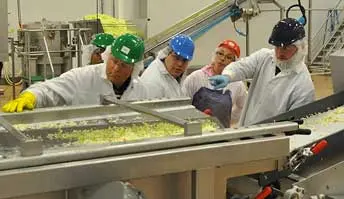 PCQI Training 2.0 (Preventive Controls for Human Food) – Online Course
PCQI Training 2.0 (Preventive Controls for Human Food) – Online Course
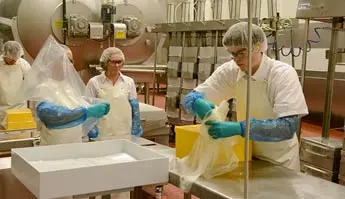 Basic HACCP Certification Course
Basic HACCP Certification Course
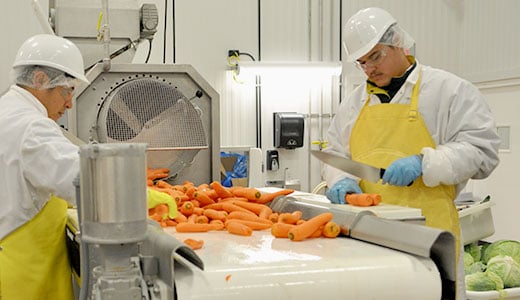 Advanced HACCP Certification Course
Advanced HACCP Certification Course
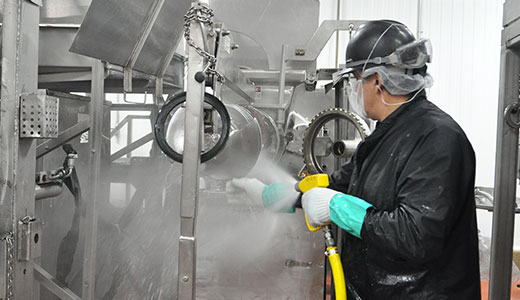 Corrective and Preventive Action (CAPA) Fundamentals
Corrective and Preventive Action (CAPA) Fundamentals
